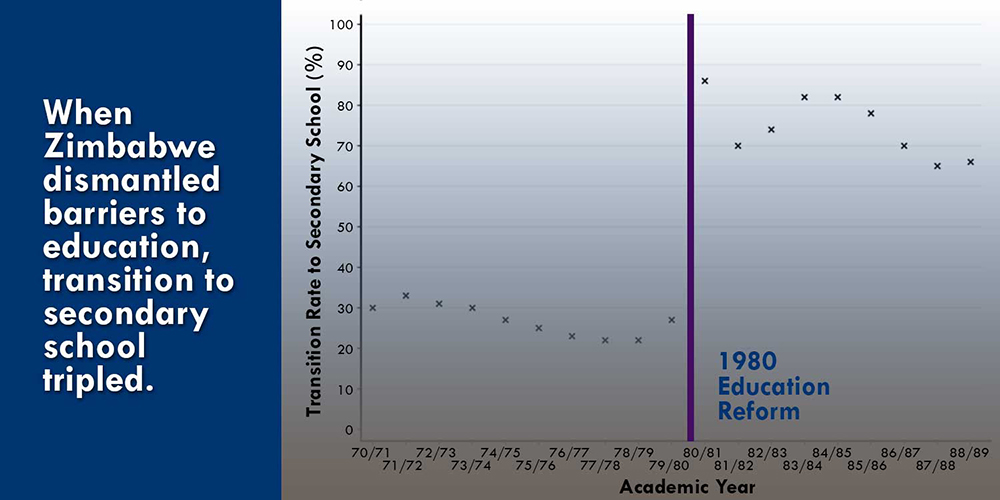Is watching TV bad for you? It depends…
Since television was introduced to a large audience around the mid-20th century, its effects have been debated. A widespread concern has been that television encourages a particularly passive form of engagement, and thus may damage intellectual development. But the existing empirical evidence is not conclusive. Øystein Hernæs, Simen Markussen, and Knut Røed saw the deregulation of television in Norway as an opportunity to explore what a large-scale change in television consumption can teach us about the effects of TV on young people.
When television was deregulated in Norway in the beginning of the 1980s, a large rollout of cable networks was initiated. Prior to deregulation, the state broadcaster offered a single TV channel only, based on a clear educational mandate. The new commercial channels were almost entirely dominated by light entertainment. Observing more than 600,000 people, the researchers compared high school graduation rates before and after the change. For young men, they were able to compare IQs via a national cognitive ability score since a test is administered to all young men in Norway prior to compulsory military service.
The results from the study indicate that the expansion of commercial cable television indeed had negative effects on young men’s cognitive skills. IQs were lower. Ten years of full cable TV coverage had a negative impact on cognitive ability (–1.8 IQ) comparable to around half a year’s schooling. They also found reduced high school completion rates for young men. The researchers did not find evidence of negative effects for women.
The negative effects were not huge, but far from negligible. The impact of TV watching also seems to be most negative for boys from more educated families. The negative effects appear to be driven by consumption of light television entertainment crowding out more cognitively stimulating activities such as reading. Statistics show a dramatic reduction in reading time among young men during this time—for example, from 39 minutes per day in 1980 to just 10 minutes per day in 2000.
What’s the takeaway for parents and policymakers? According to Hernæs it’s pretty straightforward, “Although consumption of light media entertainment is not necessarily harmful in itself, one should be alert to what activities it substitutes for.”
Read the full study in the Journal of Human Resources: “Television, Cognitive Ability, and High School Completion,” by Øystein Hernæs, Simen Markussen, and Knut Røed.
***
Øystein Hernæs (@ohernaes) is a Senior Research Fellow at the Institute for Social Research and a research fellow at the Ragnar Frisch Centre for Economic Research, Oslo, Norway. Simen Markussen (@simen_markussen) and Knut Røed are both Senior Research Fellows at the Ragnar Frisch Centre for Economic Research.



